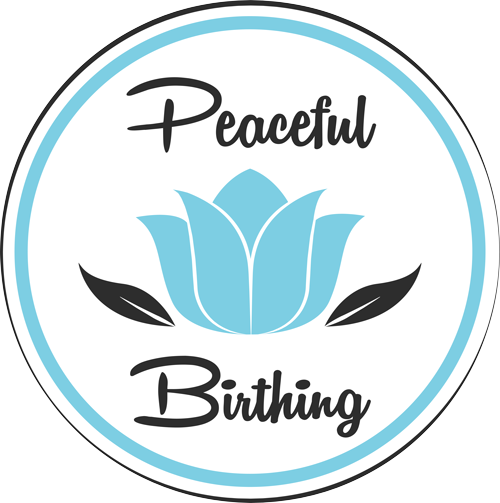Choosing a model of care can feel overwhelming. It is one of the most significant decisions you’ll make in pregnancy as it can greatly impact your experience.
Birthing your baby will undoubtably be a huge event in your life, but just as important is beginning parenthood on strong foundations. An empowered birth sets you up for more confidence in early parenting.
Often the decision around model of care is largely based on location. It’s good to know what’s options you have first, do your research, make some phone calls or meetings and then make your decision.
Here are the options –
Private Hospital:
Upside – You’ll have your own Obstetrician, therefore you will have continuity of care. You know you’ll (likely) see the same care provider each visit. You can build a relationship and feel comfortable to ask questions and voice your opinion. Also, if your birth takes a turn you’ve got the specialist help on hand.
Downside – An obstetrician is a medical doctor who has studied obstetrics, a specialist branch of medicine, they are a surgeon qualified to practice in obstetrics. They specialise in caring for women with complicated pregnancies or special circumstances. As such, their position on child birth is more likely to be through a medical lens- structured and scientific with hospital led procedures and timeframes rather than having a desire to support a normal birth. They will also take on more cases per carer than a hospital which usually leads to long wait times. Generally around $10,000 for your pregnancy, birth and hospital stay.
To make your decision, it can be helpful to ask your Obstetrician questions around the type of care they provide:
- What is your view of birth?
- What are the chances you will be the person who is with me when I birth?
- What are your caesarean/induction/intervention rates? What are these rates at the hospital?
- How many women do you care for each month?
- I would like to experience spontaneous labour and an unmedicated birth. Will you support this?
- Is a water birth a possibility?
- …and anything else that may relate directly to your birthing preferences.
Public Hospital:
Upside – Public hospital births are led by Midwives. A Midwife is obliged to promote normal birth through the midwifery code of conduct. A Midwife is woman centred, focusing on the needs and desires of the pregnant/birthing woman as well as your baby. You may also be able to have a homebirth through the public system. Click here for more information. Generally you will only see an Obstetrician if things aren’t ‘normal’. This option is completely free.
Downside – In many hospitals you will have a team of Midwives supporting you, so the choice of continuity of care may not exist.
Homebirth:
Women choose homebirths for a myriad of reasons, but generally they have low risk pregnancies, want low intervention unmedicated births, and feel most safe birthing in the comfort of their own home.
Private Midwives who attend homebirths offer at home care throughout your pregnancy and postpartum.
Upside – there is no travelling to hospital, much lower rates of intervention, higher rates of satisfaction and feeling comfortable in your birthing setting.
Downside – there is no pharmalogical pain relief options, no physical round the clock support and you’ll need to be transferred to hospital for surgery if required. Generally the out of pocket expense around $5,000-$6,000 depending on the Individual Private Midwifes.
Homebirth is a safe option for low risk pregnancies, and is a valid option for those who feel most safe in their own home. For more information click here.
GP led care:
GPs and hospital employed midwives jointly provide antenatal care.
Upside – You likely have an existing relationship that you can build upon that makes you feel supported.
Downside – the GP will unlikely be trained in obstetrics.
Birthing Centre:
Upside – A healthcare facility, staffed by Nurse-Midwives, Midwives and/or Obstetricians, for mothers in labour, who may be assisted by Doulas and coaches. A more homely hospital purely for births, and many are attached to hospitals so help is available in emergency situations.
Downside – Centres are few and far between so you may have to travel or it may not be an available option.
Other Support Options:
Another great option is to appoint yourself a Doula or Independent Midwife who will advocate for you rather than being required to abide by hospital processes. Click here for more resources. Did you know you can have a VBAC at home through an independent midwife program? The options are there, you just need to explore.
Each has pros and cons. Research, interview, ask questions and decide. And remember – it’s never too late to change your model of care if you find your chosen care provider isn’t supporting your wishes.
The best option is the one that makes you feel most safe.
Knowledge is power. Empower yourself.


